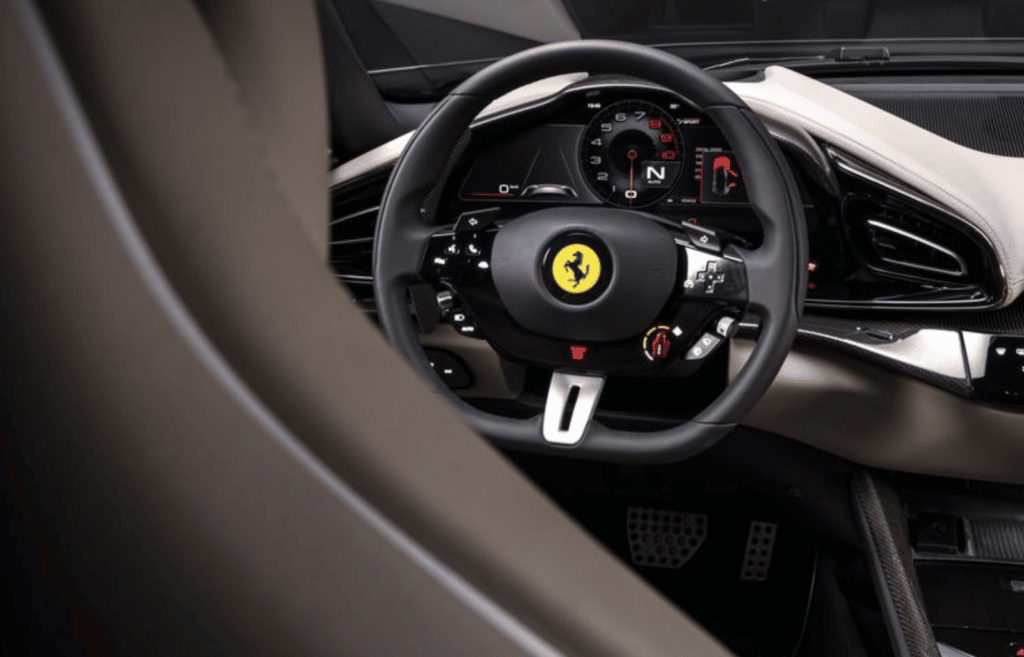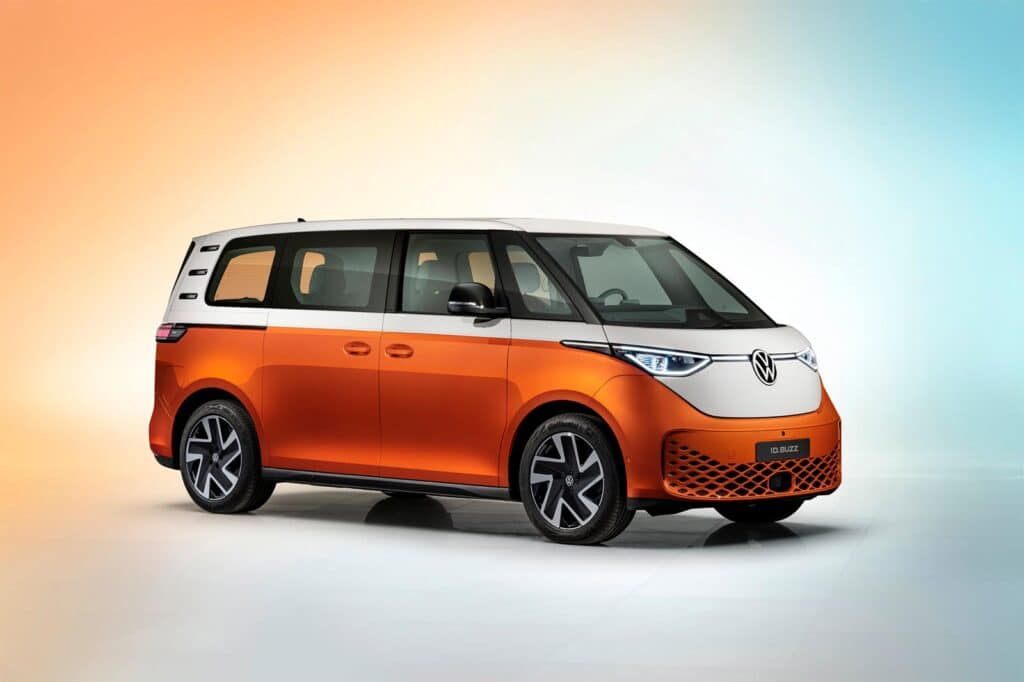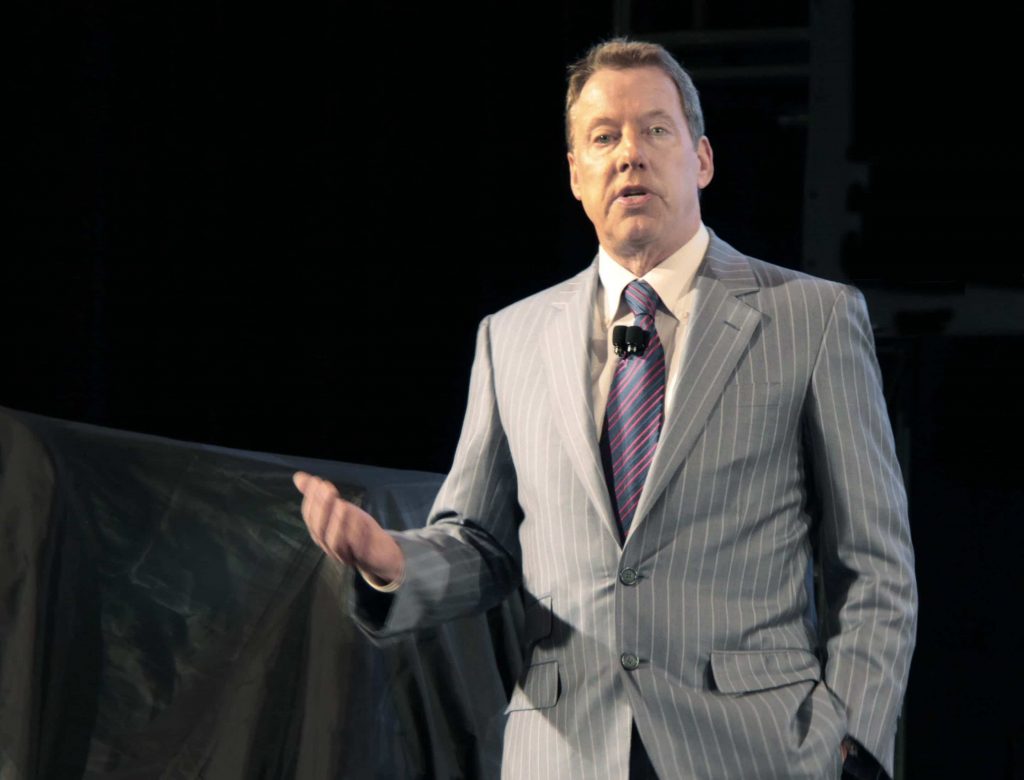Porsche’s IPO Does Little to Transform the Company

Sports car manufacturer Porsche AG hit the Frankfurt stock exchange Thursday, starting strong, but by the end of the trading day, shares finished less than 1% above their open price in the first day’s trading.
This gives the automaker a market value of €75 billion, or about $73.5 billion, or nearly as much as all of Volkswagen AG, including Audi, Bentley and Lamborghini, at €78 billion.
Porsche’s shares didn’t have the expected outlandish first day price pop, as they were priced at the high end of valuation. Also, a grim day for European stocks most likely held back any outsized first day appreciation.
According to The Wall Street Journal, that means Porsche is trading at roughly 15 times earnings, roughly half of Ferrari’s 33 times valuation, but far better than Mercedes-Benz, BMW or fellow family-owned automakers Volkswagen and Ford, all of which trade at less than five times valuation. What such valuations show is that markets value automakers with consistent track records regardless of economic conditions.
But the partial spinoff of the automaker doesn’t change a whole lot about Porsche or Volkswagen.

Here’s the deal
Volkswagen Group sold a 25% stake in Porsche AG to raise funds to help cover the massive cost of electrification and software development. Of the shares sold, 455.5 million are ordinary shares with voting rights, with the same number of preferred shares, which lack them, but do get an added €0.01 dividend per share. In all, 911 million shares were sold, the total reflecting the company’s most-famous model.
Members of the Porsche & Piëch family, whose company, Porsche Automobil Holding SE, holds 53% of the voting power in Volkswagen, will receive the 50% of ordinary shares. Volkswagen will also transfer a 25% plus one common share holding in Porsche Automobil Holding SE to the Porsche family, giving them more power and a blocking minority at Porsche AG.
But this deal is motivated by more than just financial gain; it also aims to resolve a family dispute.
Healing old wounds
Ferdinand Porsche established his family’s sports car business in 1948 after a long career as an automotive designer, one that stretched back to the beginnings of the industry. Among other assignments, he created “The Strength-through-Joy Car” for Adolf Hitler in 1938, helping establish the company that would become Volkswagen. His own eponymous sports car used many Volkswagen parts upon its debut.

Porsche’s son, Ferry, would join the family business, while his daughter, Louise, took her husband’s last name, Piech. Ferry’s son Wolfgang later became CEO of Porsche SE. Louise’s son, Ferdinand Piëch, became CEO of Volkswagen AG in 1993.
In 2005, Porsche SE, run by Wolfgang Porsche, acquired a 29.9% share in Volkswagen with the intention of buying up to 75%. Porsche eventually abandons the attempted takeover, and Wolfgang’s cousin Ferdinand Piech turns the tables on his cousin, buying all of Porsche AG from Porsche SE, which becomes Volkswagen’s largest shareholder, controlling a majority of the company’s voting rights.
With the IPO completed, the Porsche and Piech families hold a majority voting block at publicly-held Volkswagen, and has a blocking minority at Porsche, once the family-owned automaker.
Despite the IPO listing and the money raised, little changes at Volkswagen. But the move restores some family control to Porsche AG. The IPO is about healing family wounds and raising money, rather than creating sharegolder value.
Other family-held automakers

But the Porsche and Piëch clans are not alone in their preferred stock treatment.
Consider Ford Motor Co. It has a dual stock setup, one meant to maintain family control when the company went public in 1956. There are two types of shares, Class A, which represents 95% of the company, but had no voting rights; and Class B, which represents 5% of the company, but has 100% of the shareholder votes and is reserved for Ford family members.
But Ford Motor Co. Chairman Bill Ford has been slowly acquiring company stock, according to CNBC.com. Ford now stands as the company’s biggest individual shareholder with 2.3 million shares of Ford’s common stock, and 16.1 million shares, or 23%, of Class B shares.
And while the Porsche family’s holding company Porsche SE invests in the automakers it helped create, along with other holdings, it’s far from the only one.
Fiat’s controlling family, the Agnelli’s, have their own holding company, Exor. At 14.4%, it is the largest shareholder of Stellantis Formed through the merger of Fiat Chrysler Automobiles and PSA Group. Stellanstis’s other family, the Peugeot clan, holds a 7.2% stake.
Auto Lovers Land
Comments
Post a Comment